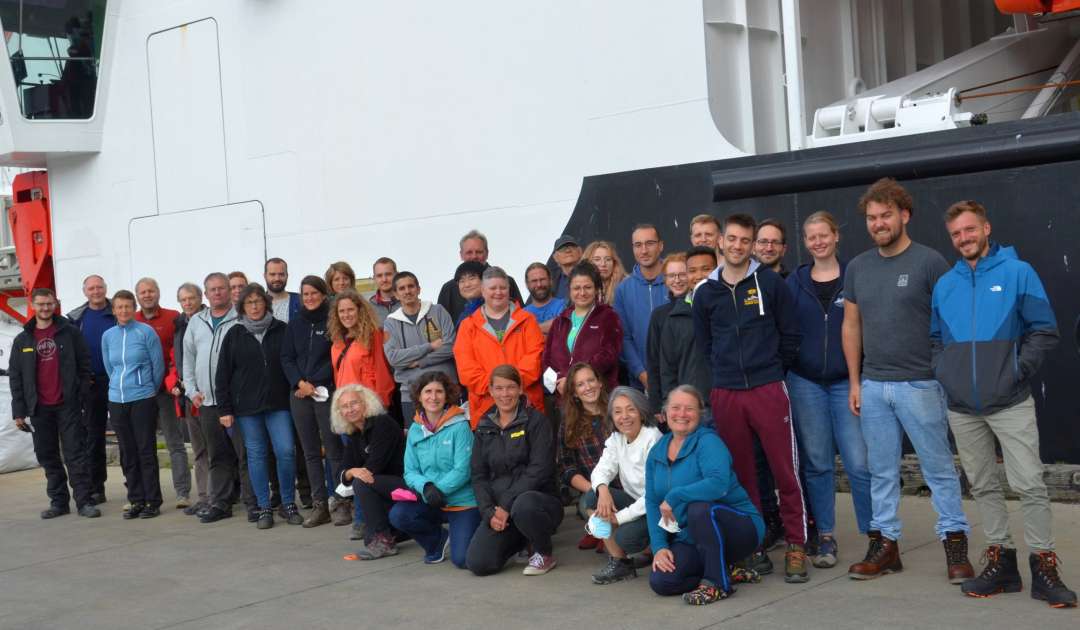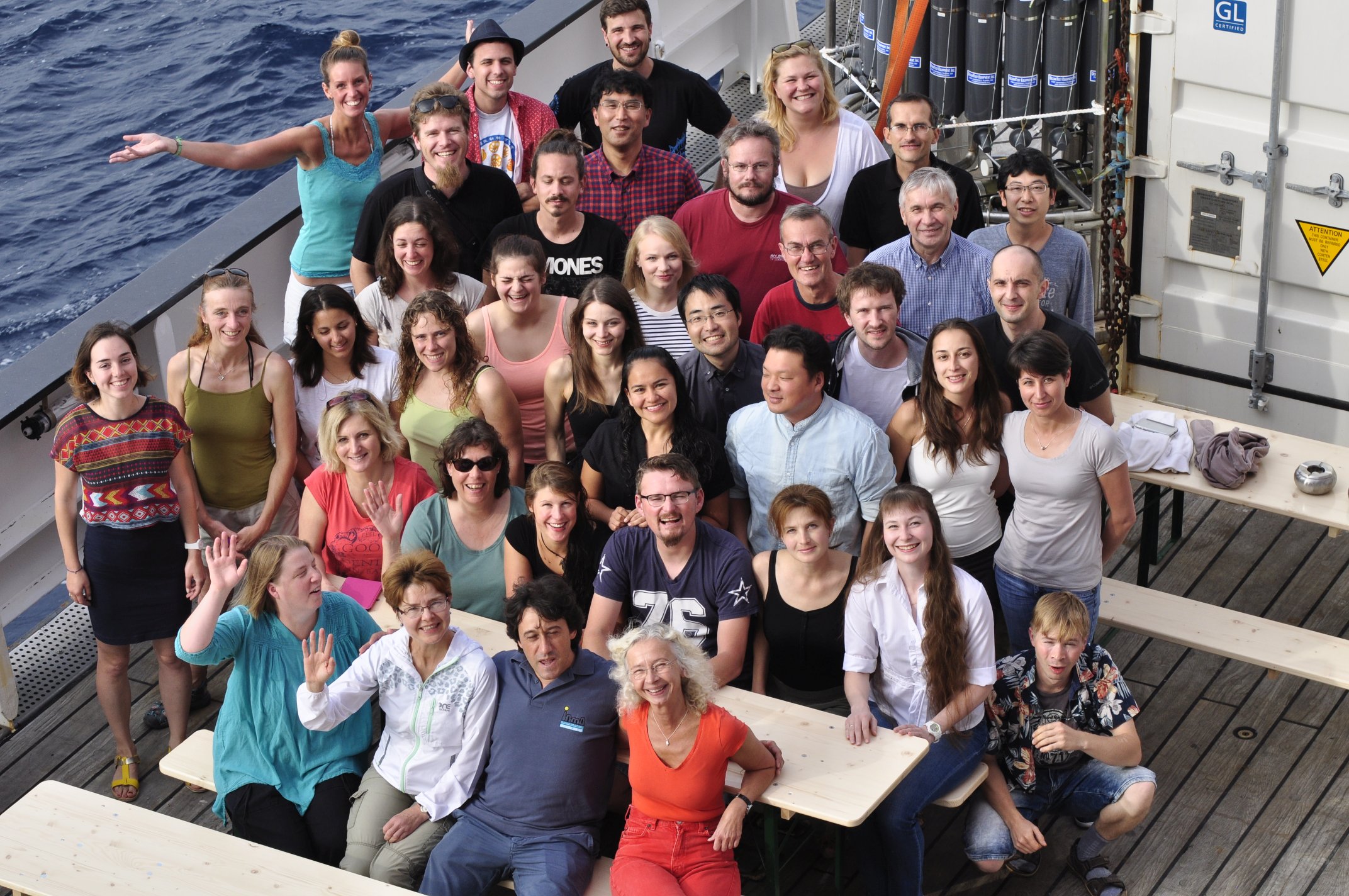Scientific cooperation all over the world
Being at the research vessel in a remote part of the Pacific, with no mobile network and quite restricted access to the Internet, one may feel that the ordinary world with its problems is really far away. And also that the global politics has nothing to do with us on board and our science.
Unfortunately, the case of this expedition shows that it is not always the truth.
The AleutBio expedition was supposed to be the fifth in a series of cruises in North West Pacific conducted jointly by scientists from Germany and Russia. Everything was planned, preparations have already started and then the 24th of February came…
The unfortunate political development has affected Ukraine, the whole world, as well as a change to our plans. We had to abandon the collaboration with Russian colleagues and plans for work in the Russian territory.
The AleutBio expedition was moved from the North West Pacific to North East Pacific. We had to stop joint projects with Russian colleagues and they could not join the cruise.
This was a loss, because it happened after several years of effective and fruitful cooperation that resulted in the publication of 147 papers in four special issues in renowned journals: Deep Sea Research II and Progress in Oceanography as well as many others published elsewhere. Another common achievement was the publication of the open access Biogeographic Atlas of the Deep NW Pacific Fauna (Figure 1). This cooperation had allowed to make use of and promote the Russian scientific literature often inaccessible or unreadable for those who do not know Cyrillic. However, the most important is not just the number of articles but that our knowledge about the North West Pacific deep sea has grown considerably. As a result of these achievements, we could start to think how to manage and, where needed, protect this extraordinary and vulnerable ecosystem. But now that collaboration is frozen.
I understand the reasons for these decisions, and I´m aware that our colleagues might have similar thoughts as me. After many years of scientific cooperation, they are not only our colleagues in science but also our friends. We really miss them here (Figure 2) and the current crisis and developments are a real pity.
The main message of this short post is that this unnecessary aggression must be stopped as soon as possible. I hope it will stop in the near future and I hope that then we will be able to restore our research contacts and projects with our Russian friends and colleagues.


